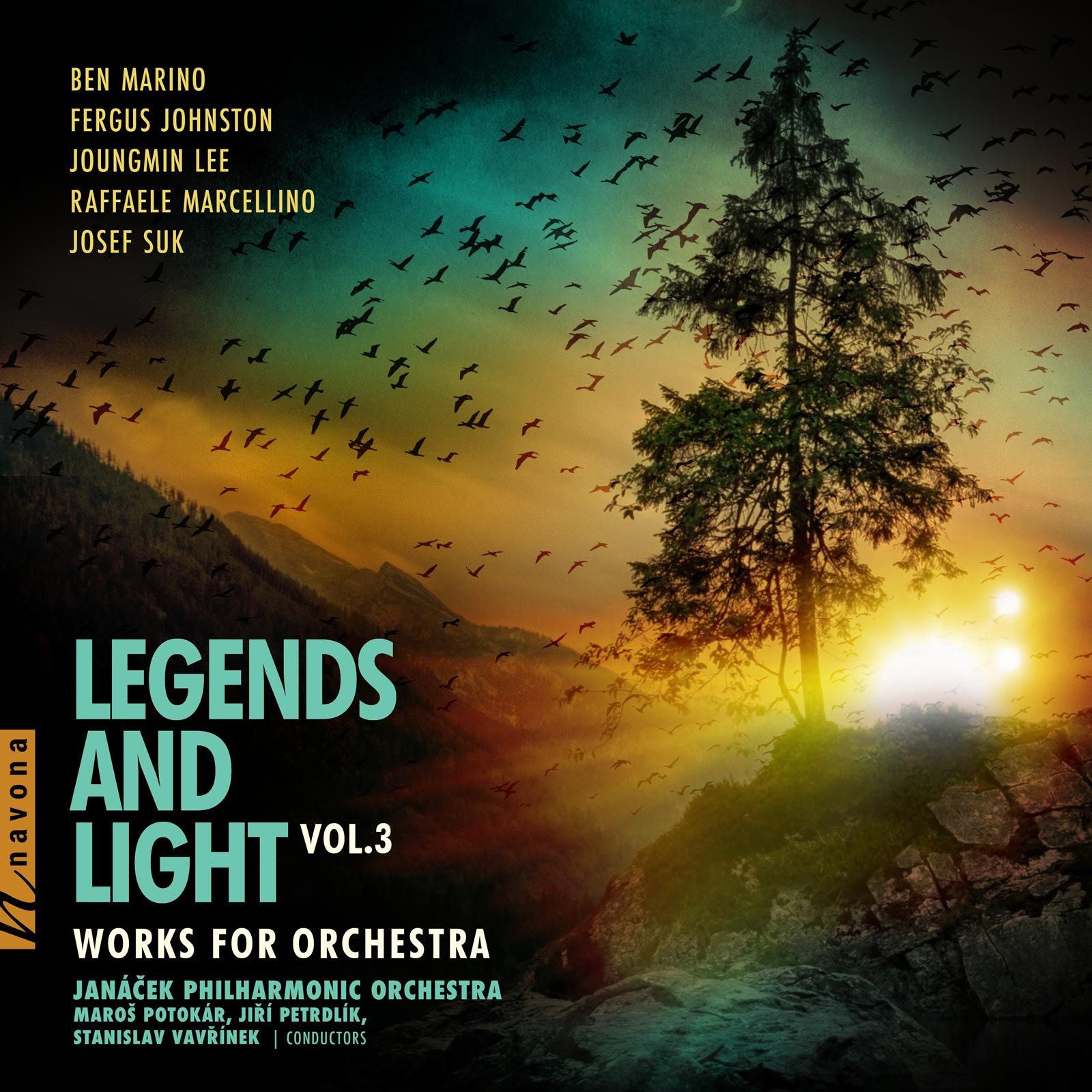
Performed by the Janáček Philharmonic Ostrava, LEGENDS AND LIGHT VOL. 3 is an ambitious collection of new works for large ensemble. Several modern composers assemble on this album to deliver new expressions in classical music, highlighting stark contrasts of darkness and light and the other-worldy experiences that charge our artistic spirit. Inspired by art, mystical experiences, and the wonders of our universe, this edition of the LEGENDS AND LIGHT series casts a serene spotlight on the compositional innovation and orchestral ferocity of today’s composers and performers, an exhilarating showcase of the current and exciting state of classical music.
PARMA Content Writer Shane Jozitis recently connected with the composers of LEGENDS AND LIGHT VOL. 3 to learn more about the inspirations, processes, and realizations behind their works. Read on for an exclusive deep dive into the creative minds behind this Navona Records release.
SJ: When was the first time that you can remember an orchestra, ensemble or piece, make an impression upon you?
FJ: The earliest orchestral pieces that I can remember listening to as a child were Schubert’s 8th Symphony, the so-called “unfinished,” and the suite from Peer Gynt, by Grieg. Schubert’s mysterious opening captivated me. The Schubert probably had a greater impact on my artistic journey. I was aware of the music in the first movement having some sort of internal dynamic which drove it forward. The 9-year-old me didn’t understand it, but later I realized that the direction of the drive was always from darkness to light, and that’s something that I still find myself thinking about a lot when I compose.
BM: My mother was a ballet teacher for as long as I could remember. She would bring me to her studio and I would listen while she taught. As a child, I didn’t know what I was listening to but my imagination would run wild with the melodic color and rhythmic structures of the orchestra.
However, it wasn’t until my second semester at the Berklee College of Music that my attention was fully captured by the orchestra. The imaginative and creative potential that the orchestra could wield would become a fascination of mine. I always wanted to achieve a greater sonic vision as an artist. Through the semester I eventually stumbled upon Gustav Holst’s The Planets. Eureka! It was as if a portal was opened and the canvas this music was painted on was limitless. The vast palette, sonority, and articulations created a hunger in me to understand more about this discipline in composition. Discovering The Planets changed my educational journey and my future approach as a composer.
SJ: Can you recall the emotions you felt when hearing your work performed for the first time?
FJ: The first performance of this piece back in 2005 was a big disappointment. The orchestra had been under tremendous pressure and I think that as a result of this one of the clarinetists mistakenly played their entire part on an A instrument instead of a B flat instrument, so the part sounded a semitone lower than it should have been. The piece should have been broadcast on the radio, but I vetoed it. I lived with the memory and the useless recording of that performance until 2022. Then, when we were recording with the Janáček Philharmonic, hearing the orchestra playing the piece and in particular the central sparkling antiphonal sections after such a long period brought a tear to my eye and a lump to my throat. It was truly a moment of catharsis for me.
SJ: When writing for orchestra, do you actively think about the lengthy tradition behind you, or do you approach it completely fresh?
RM: To paraphrase Stravinsky, constraint is a boon to creativity. One of my first “ah-ha” moments of musical awakening was upon hearing Vaughan Williams’ Fantasia on a Theme by Thomas Tallis. It was an extraordinary experience of nuanced sound from a single instrumental family that had me completely mesmerized. The resonances of strings was the sound world I pursued in L’arte Di Volare. My musical creativity is informed by a wide range of interests, so as you see, I put restraints to corral my imagination and explore what can still be infinite possibilities.
SJ: How do you go about the process of trying to get your compositional mind into the hands of the players?
FJ: I’m a wind player, so I think in breaths and phrases which are articulated through breaths, and then contrapuntally, in lines of notes and sounds, rather than harmonically. Perhaps my harmonic progressions tend to be breath-like, with a sort of in-out/tension-release cadence to them, which I then decorate (or perhaps try to hide!) with filigree linear work. I try to be familiar to some degree with the physicality of all the instruments that I’m writing for: you have to marry the sound in your head, the sound that you want to hear, to the way that that sound can be realized physically by the players in the ensemble.
SJ: Well said, everyone. Thank you for joining this roundtable discussion on DIMENSIONS VOL. 4!
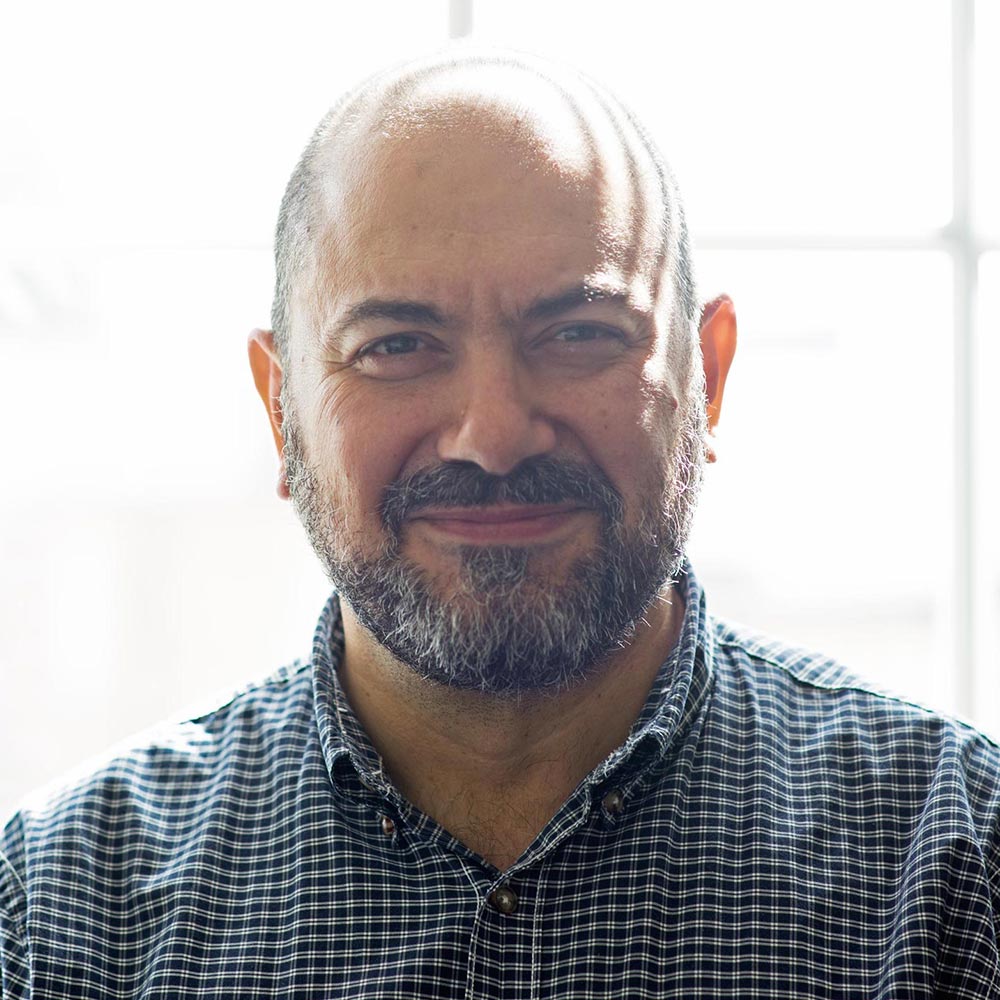
Marcellino's sound embraces Western art music tradition with eclectic influences from other musical traditions such as jazz and non-western music and folk traditions. Since graduation, Marcellino has built an international profile as a composer in various genres of chamber music, orchestral music, opera, musical theater, and radio works. He has been awarded various prizes and commissions, including an Australia Council Fellowship and the Lowin Prize for his work Canticle for Brisbane Cathedrals Festival.
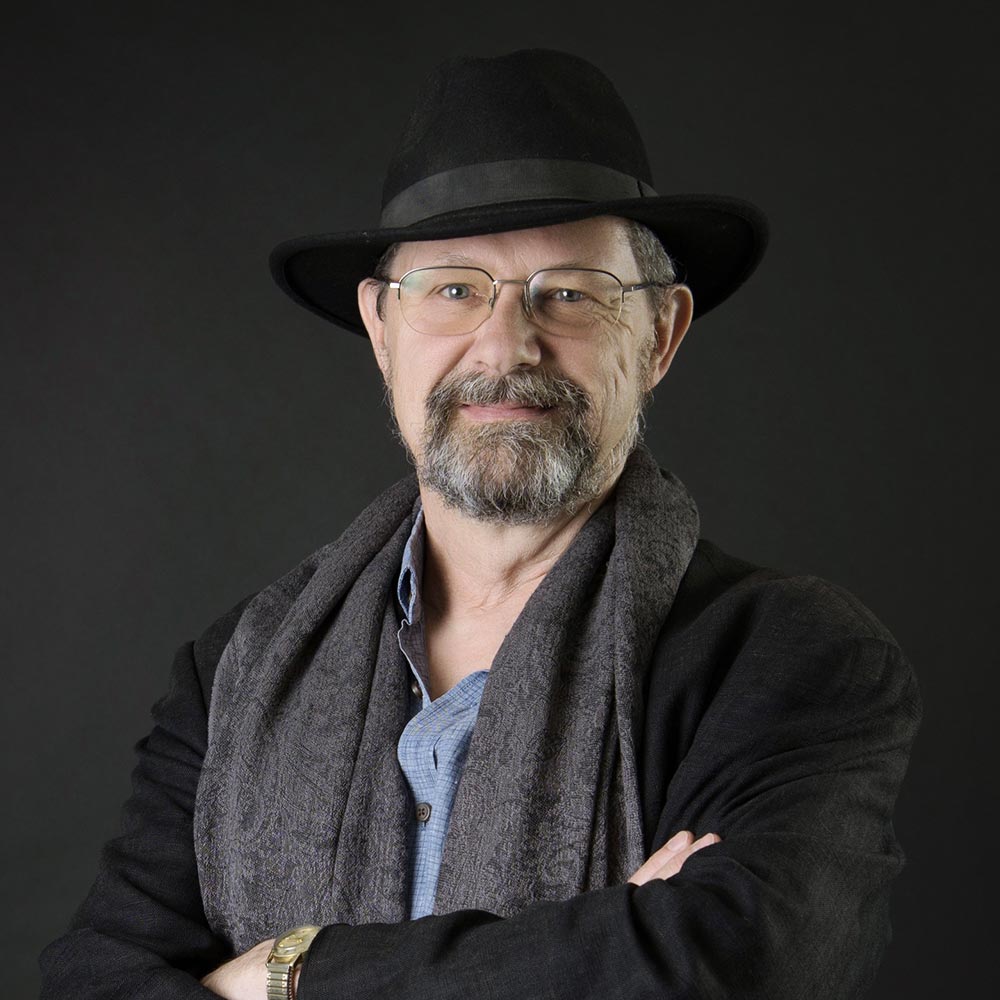
Fergus Johnston (b. 1959) is an Irish-born composer. He graduated from Trinity College Dublin with an Honors degree in Music in 1982. In 1999 he completed a Master's degree in Music and Media Technology at TCD (1999), and in 2011 he received a Ph.D. from the National University of Ireland, Maynooth. As a result of his contribution to Irish culture, he was elected to membership of Aosdána, Ireland's state-supported artistic academy, in 1992, and was a board member of the National Concert Hall, Dublin from 1996 until 2001.
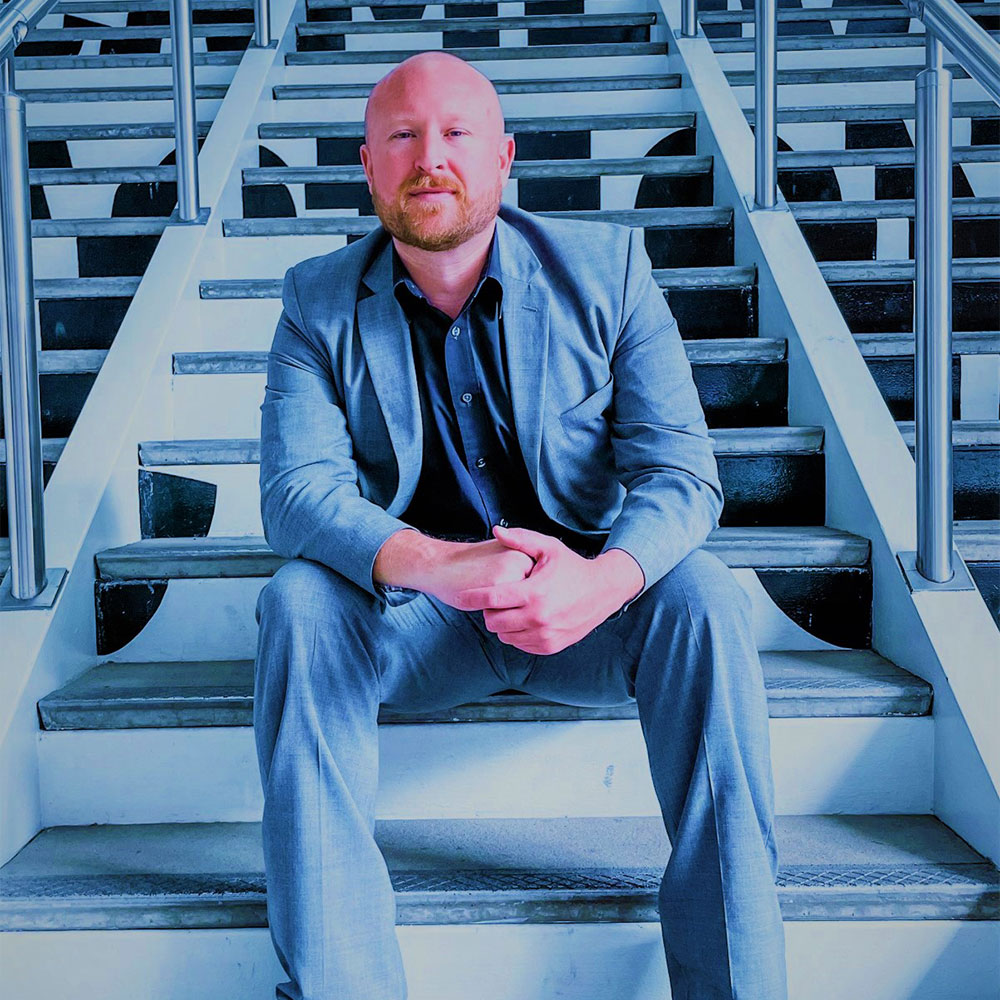
Ben Marino (b. February 18, 1982) is a composer, producer, and pianist. Born and raised in Valencia CA, his education in music started early at the piano learning the Suzuki method. His private piano studies continued throughout high school where he was influenced by the solo piano compositions of Bela Bartok and Frederic Chopin. After graduating William S. Hart High School in Newhall CA in 2000, he was accepted to study Piano Performance and Music Composition at the prestigious Berklee College of Music in Boston, MA (2001-2002).
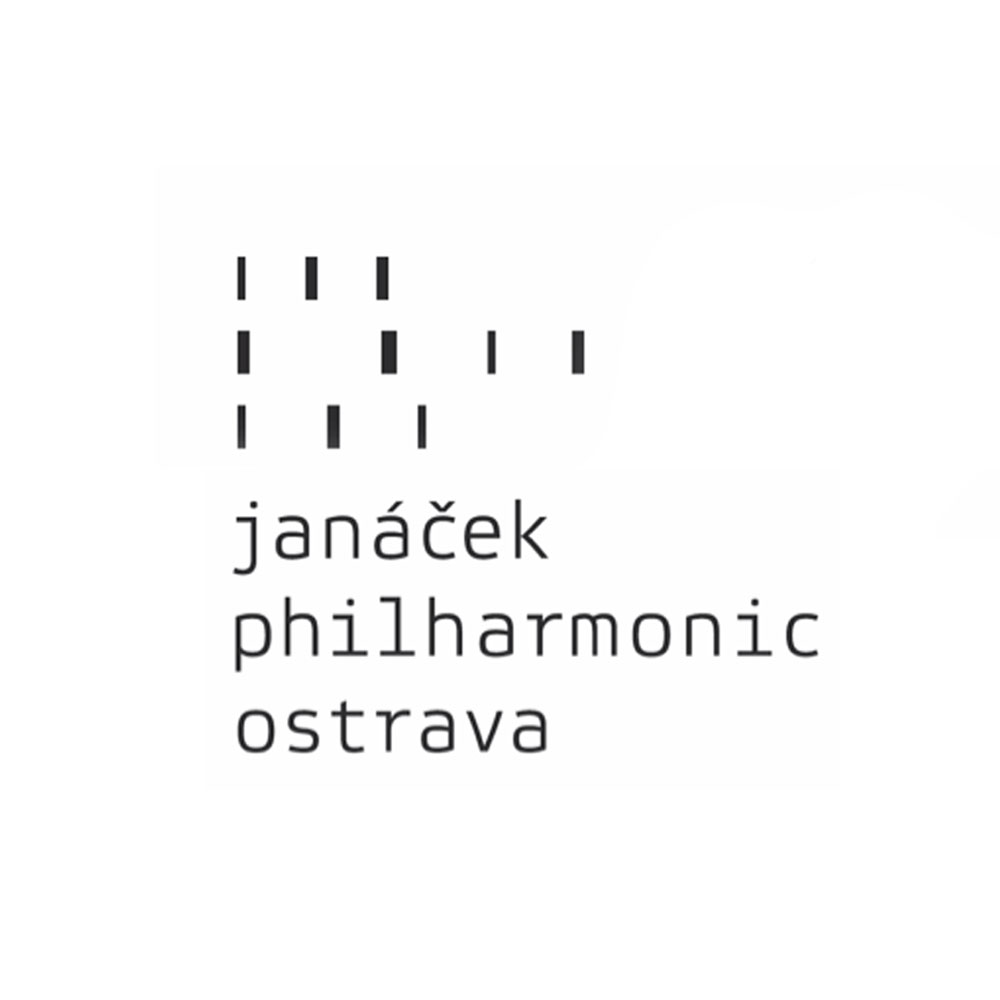
The Janáček Philharmonic is a world-class symphony orchestra based in Ostrava, Czech Republic and an emerging figure on the international performance scene. With over 100 top-level musicians, the orchestra aims to introduce unique, quality repertoire while showcasing their own recognizable sound.



